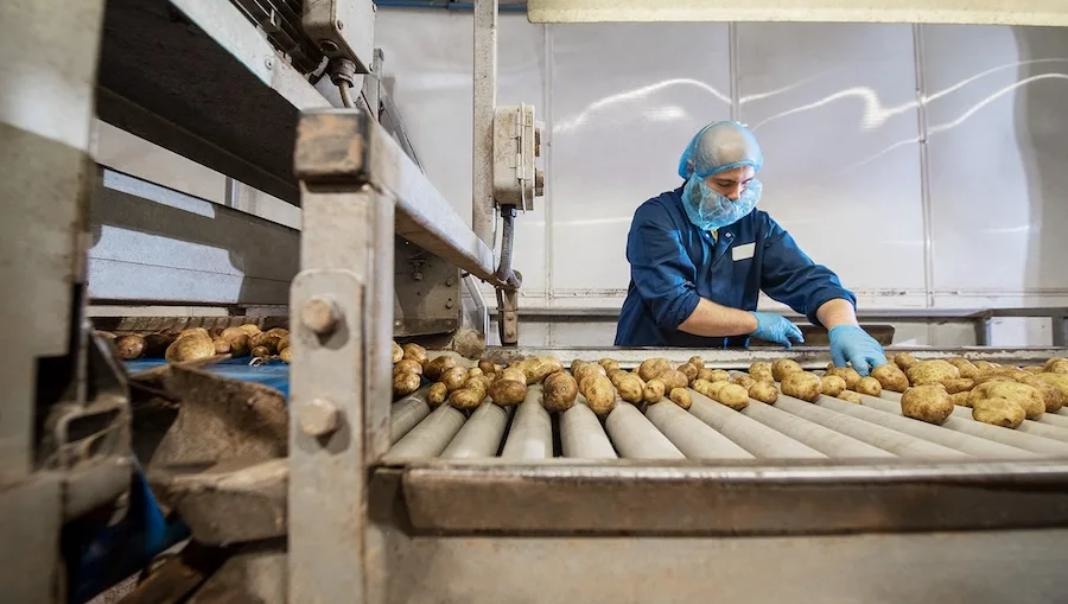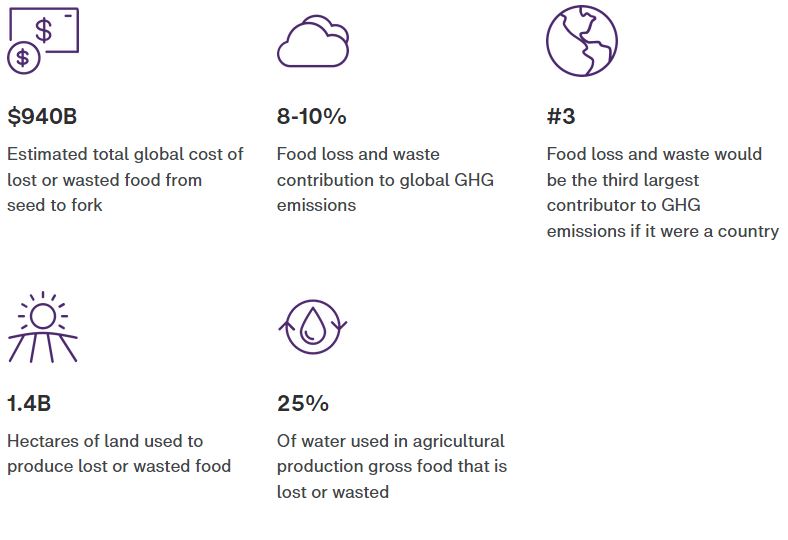The $400 billion opportunity: addressing food loss in supply chains
Friday, September 29, 2023
Reference: Telus Agriculture
 An estimated third or 1.3 billion tonnes of food is lost or wasted every year. With supply chain delays, increasing costs, narrowing margins, climate shifts and rising food insecurity, it’s becoming imperative for businesses to minimize inefficiencies across their supply chains.
An estimated third or 1.3 billion tonnes of food is lost or wasted every year. With supply chain delays, increasing costs, narrowing margins, climate shifts and rising food insecurity, it’s becoming imperative for businesses to minimize inefficiencies across their supply chains.Tackling food loss and waste is a great place to begin. It can help grow customer loyalty and brand trust and also support meaningful environmental and social change. Simply put, doing good can be good business.
The global impact of food loss and waste
Food waste happens across retail, foodservice and to end consumers where food is thrown away as it’s past the perceived expiry date or for cosmetic or spoilage reasons.¹ Food loss occurs between harvest to retail, with about 14% of the world’s food discarded in these two stages,² a cost of $400 billion USD.³
The impact of greenhouse gas emissions and water use from food loss and waste are certainly cause for concern (see graphic above). Meanwhile there are other factors that greatly affect the bottom line, operational efficiency and ability to take on new opportunities, including the use of agricultural inputs, fuel, equipment, labour, capital and time that goes into the farming, processing, storage, transportation, sales and marketing of food that ultimately isn’t consumed.
Read More
Sign up to stay connected
- News
- Property Alerts
- Save your favourite properties
- And more!
Joining Farm Marketer is free, easy and you can opt out at any time.
